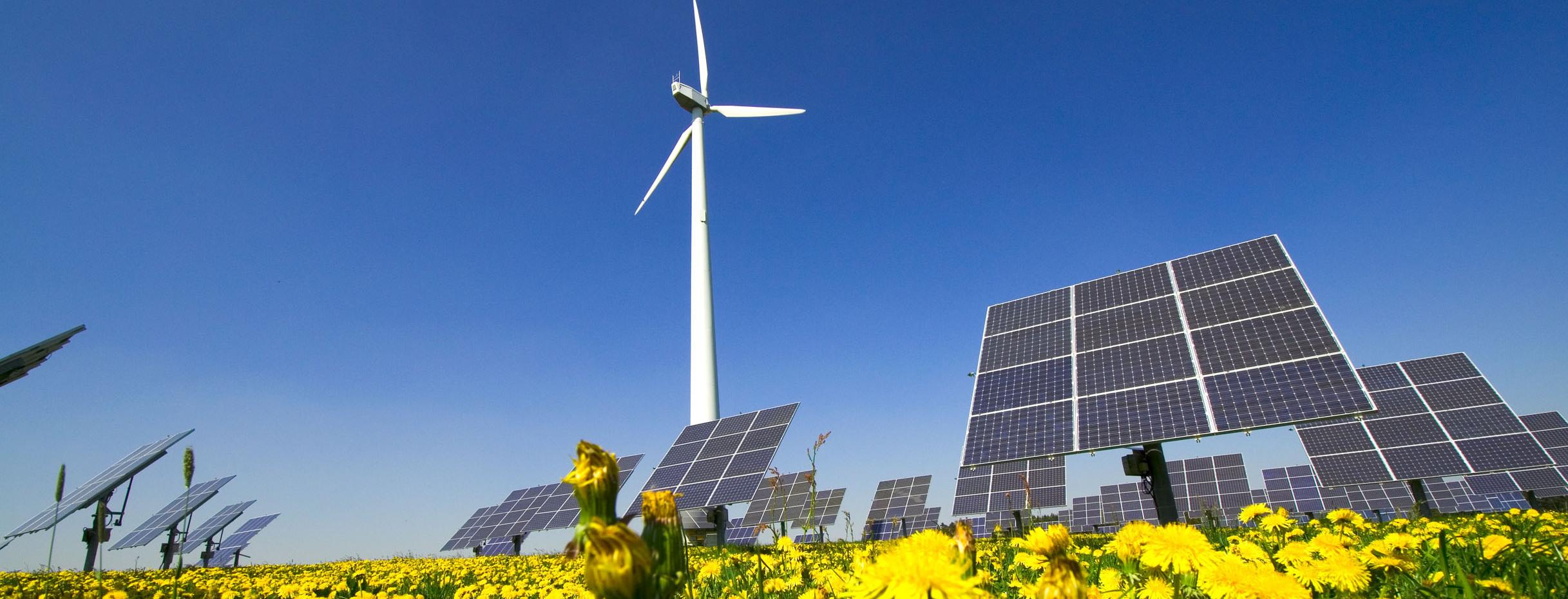DEFINITION

General definition of energy transition
Energy transition means a long-term structural change in energy systems. These have occurred in the past, and still occur worldwide. Historic energy transitions are most broadly described by Vaclav Smil (Czech-Canadian scientist and policy analyst). Contemporary energy transitions differ in terms of motivation and objectives, drivers and governance. In a more narrow sense, a sustainable energy transition is the shift by some countries, most notably Germany (German: Energiewende), to decentralized renewable energy, and energy efficiency. Although so far these shifts have been replacing nuclear energy, their declared goal is also the abolishment of coal and other non-renewable energy sources and the creation of an energy system based on 100% renewable energy.
Renewable energy encompasses wind, biomass (such as landfill gas and sewage gas), hydropower, solar power (thermal and photovoltaic), geothermal, and ocean power. These renewable sources are to serve as an alternative to fossil fuels (oil, coal, natural gas) and nuclear fuel (uranium). Solving the energy problem is regarded as the most important challenge humankind has to face in the 21st century.
Piecemeal measures often have only limited potential, so a timely implementation for the energy transition requires multiple approaches in parallel. Energy conservation and improvements in energy efficiency thus play a major role. An example of an effective energy conservation measure is improved insulation for buildings; an example of improved energy efficiency is cogeneration of heat and power. Smart electric meters can schedule energy consumption for times when electricity is available inexpensively.
After such a transitional period, with a continuing increase in renewable energy production these are expected to make up most, if not all, of the world's energy production in 50 years according to a 2011 projection by the International Energy Agency, dramatically reducing the emissions of greenhouse gases.
